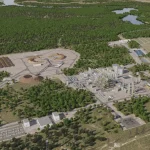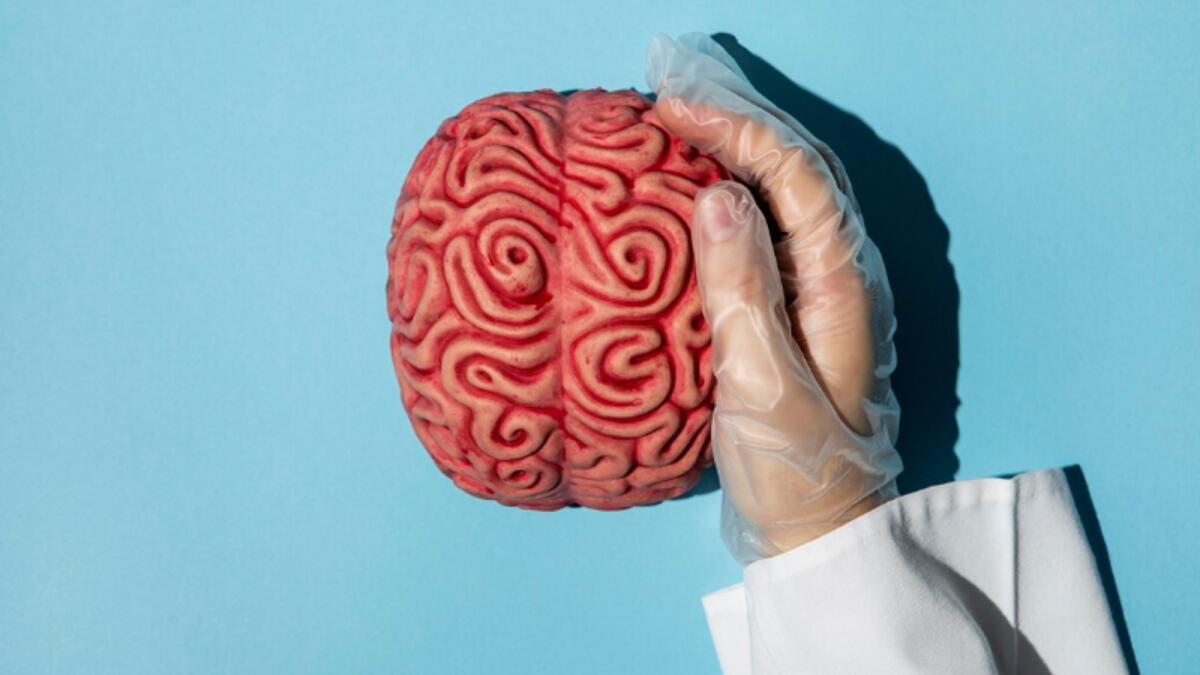The early years of a child’s development are crucial for laying a strong foundation for their future health and well-being. However, accidents can sometimes lead to traumatic brain injuries (TBI) with lasting consequences. TBI can result from incidents like falls, sports injuries, motor vehicle accidents, and child abuse. Children are particularly vulnerable to the effects of TBI due to their developing brains.
TBI can have long-term effects on children, impacting their physical, cognitive, emotional, and psychological health. Emotional problems associated with TBI in children include headaches, depression, anxiety, irritability, ADHD, personality changes, cognitive changes, and PTSD. Addressing and treating these symptoms can be challenging due to the delay between the injury and the onset of symptoms.
Treatment for emotional and psychological problems related to TBI may involve a combination of therapies, including hyperbaric oxygen therapy, cognitive training, physical therapy, occupational therapy, and dietary coaching. A holistic approach to assessment and treatment has shown promising results in helping children recover from TBI symptoms and improve their quality of life. Accurate diagnosis is crucial for providing appropriate care and support to children affected by TBI.
Healthcare providers should consider the possibility of TBI when evaluating a child’s emotional and behavioral symptoms, especially if there is a history of head injury. By understanding the broad spectrum of emotional problems associated with TBI and providing comprehensive treatment, we can better support affected children and help them lead fulfilling lives. Through research and medical advancements, we can enhance the care and outcomes for children with traumatic brain injuries.










